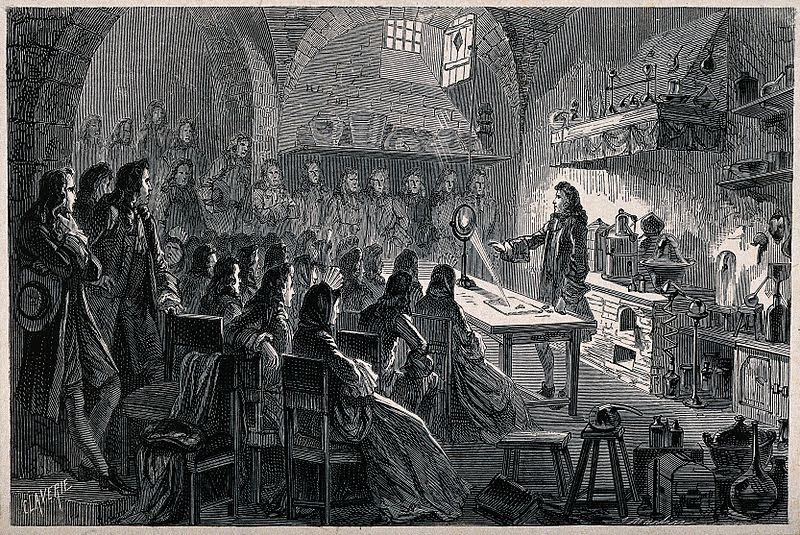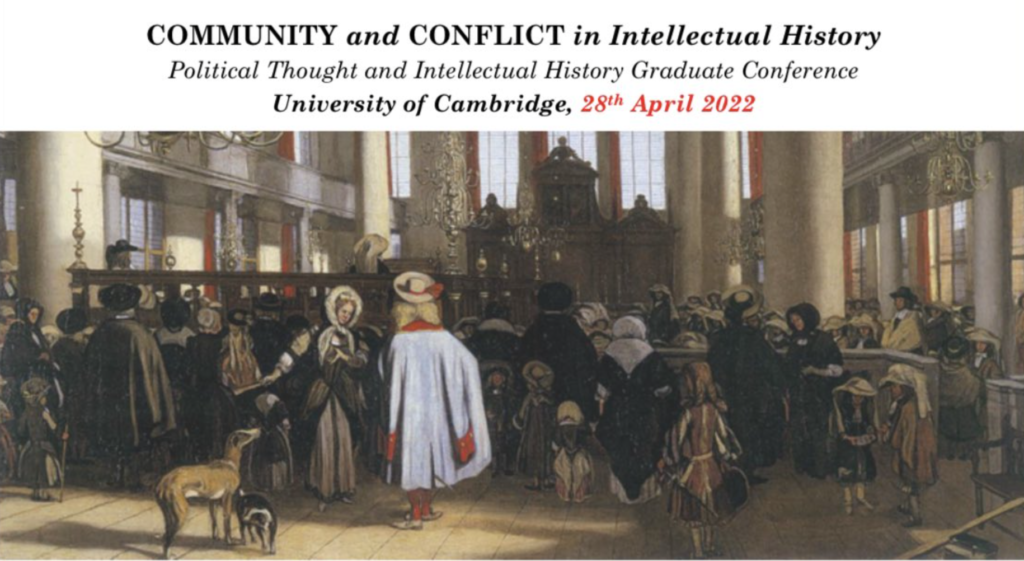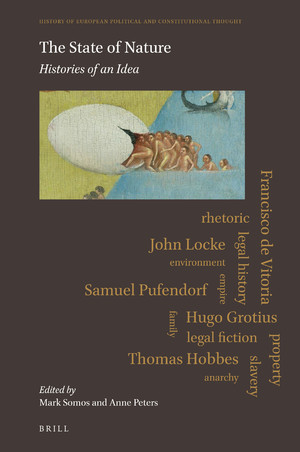29 June – 1 July 2022, Fondazione Luigi Einaudi, Turin
XIII Annual Conference of the Research Network on the History of the Idea of Europe
In 1932, the Italian philosopher Benedetto Croce published his History of Europe in the Nineteenth Century. In it, he made the case that while the Age of Enlightenment had been the age of an abstract form of individual liberty and of a vague feeling of cosmopolitanism, the nineteenth century had been that of national independence and of individual rights that, however imperfectly, could finally be enjoyed thanks to and within the nation-state. The next step, Croce ventured in the introduction, would be the overcoming of nationalism, which had now grown to be a threat to freedom itself, and the unification of Europe as the place where liberty would be properly safeguarded, and where individual rights could be fully enjoyed. Written during Mussolini’s dictatorship, this was an extraordinary (and perhaps even astonishing) vindication of freedom and a condemnation of nationalism. Yet Croce was only one among several writers who, in a Europe in which totalitarianism was on the rise and even seemed to many the only solution to the predicaments of a decadent civilisation, went against the current. In doing so, these authors were reaffirming a key strand among discourses about Europe, one that from Machiavelli to Montesquieu, and from Constant to Cobden, from Norman Angell to Luigi Einaudi, considered all forms of despotism to be against Europe’s truest nature and all threats to liberty a temporary setback on a (more or less) inevitable path towards a united and free Europe.
The aim of this conference is to shed new light on the ways in which concepts of freedom and ideas of Europe have interreacted between 1848 and 1945. While recent research into the history of European ideas for this period has focused on anti-liberal thinking, we emphasise that in the era of nationalism the idea of a Europe founded on freedom played an important role in the political and cultural debates. In doing so, we also want to rethink the link between Europe and liberal democracy in general as well as analyse its political implications for current debates.
The conference is a joint project of the Fondazione Einaudi and the Stiftung Reichspräsident-Friedrich-Ebert-Gedenkstätte Heidelberg, as well as the Research Network on the History of the Idea of Europe based at the University of East Anglia. Scholars interested in participating are invited to consider their research with regards to how ideas of and discourses about freedom, however understood, (re)shaped notions such as ‘Europe’, ‘European’, ‘European civilization’ etc. within historical and philosophical works, novels, works of art, treatises, speeches, propaganda material, and so on.
The conference organisers invite papers that shed new light on visions and ideas of Europe between 1848 and 1945 addressing, but not limited to, the following topics:
– Notions of freedom as a core element of European identity/ies
– 1848, republicanism, freedom, and notions of Europe
– Liberalism and transnational projects across Europe
– The unification of Europe as a struggle against dictatorships
– Economic liberalism and European unification
– Liberal-socialism (and social-liberalism) as the ‘third path’ (towards Europe’s unification)
– Geopolitical notions of a liberal Mitteleuropa
– Geopolitical visions of a liberal Europe vs the USA and/or Russia/the Soviet Union
– Resistance movements and projects of European federation
– Freedom, ‘philosophies of histories’, and European unification
– Ideas of Europe and social movements (e.g. labour movements, human rights movements, women’s movement, etc…)
– Europeanization of civil society and civil liberties
The themes listed above are examples and by no means limited to the exclusion of others. The conference is open to scholars of history, international law, legal history, philosophy, political science, literature and any other discipline related to the topic.
If you would like to present a paper (15 minutes) or organize a panel (3/4 speakers), please send a 300-word abstract (in case of a panel, this should be per paper) with a title and a short biography by 1 March 2022 to Matthew D’Auria (m.dauria@uea.ac.uk), Florian Greiner (florian.greiner@ebert-gedenkstaette.de) or Federico Trocini (federico.trocini@fondazioneeinaudi.it).
Please note that the working language of the conference is English. The conference has no registration fees. It is expected that a selection of the papers, duly revised and lengthened, will be published as a special issue of the Annals of the Fondazione Luigi Einaudi.
In the event of the imposition of COVID-related restrictions, alternative arrangements will be explored.


